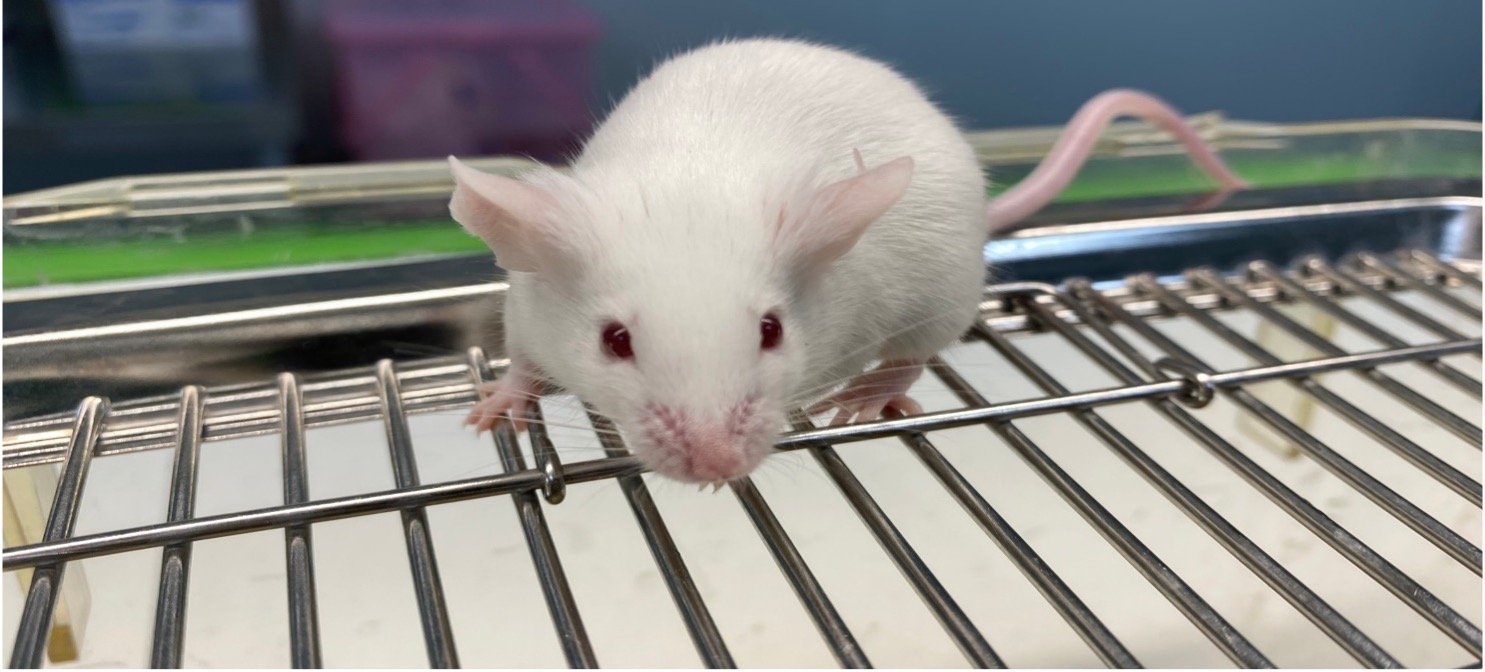
Patient-Derived Xenograft Models
An Established Animal Model for Cancer Drug Discovery
Our Patient-derived xenograft (PDX) models are created by engraftment of patient tumor tissues into immunocompetent mice. By one part of the animal model laboratory service. Recently, we have established the PDX models for studying cancer models with drug response to overcome drug resistance in cholangiocarcinoma (CCA) including repurposing drugs of the first-line standard plus new drugs to prevent drug resistance.
Immunocompromised Mice Strain:
BALB/c;Rag2-/-;Jak3-/- (BRJ) mice
No mature T and B cells, no NK cells
Excellent engraftment of PDX,
resistant to stress easy breedingHigh rate of success
Tumor tissues were obtained from the surgery of the patient. Tumor tissues were cut into 3 × 3 mm. pieces, put into a medium, and then transplanted into the immunocompromised mice. Tumors are grown in F0 mice, xenografts are resected and cut into 3 * 3 mm. pieces. The tumor tissues are genomic analyzed and stored in liquid nitrogen. To further transplant into immunocompromised mice for expansion into F2 or F3 tumors for studying cancer stem cells, drug response, biomarker discovery, etc.
Establish PDX Models Pipeline
PDX Models for Preclinical Research
To approve the effectiveness of new first-line therapies in CCA for the new regimen of Chemotherapy + Targeted therapy (GEM/CIS + LCL161)
Our Collaboration
Professor Seiji Okada, MD, PhD
Division of Hematopoiesis, Joint Research Center for Human Retrovirus Infection,
Kumamoto University, Kumamoto, Japan
Collaborate with Us
For your research objectives, contact us to unlock collaborative possibilities. Together, we can pave the way for a deeper comprehension of cancer's onset and progression, while also facilitating the development and testing of antineoplastic drugs.




